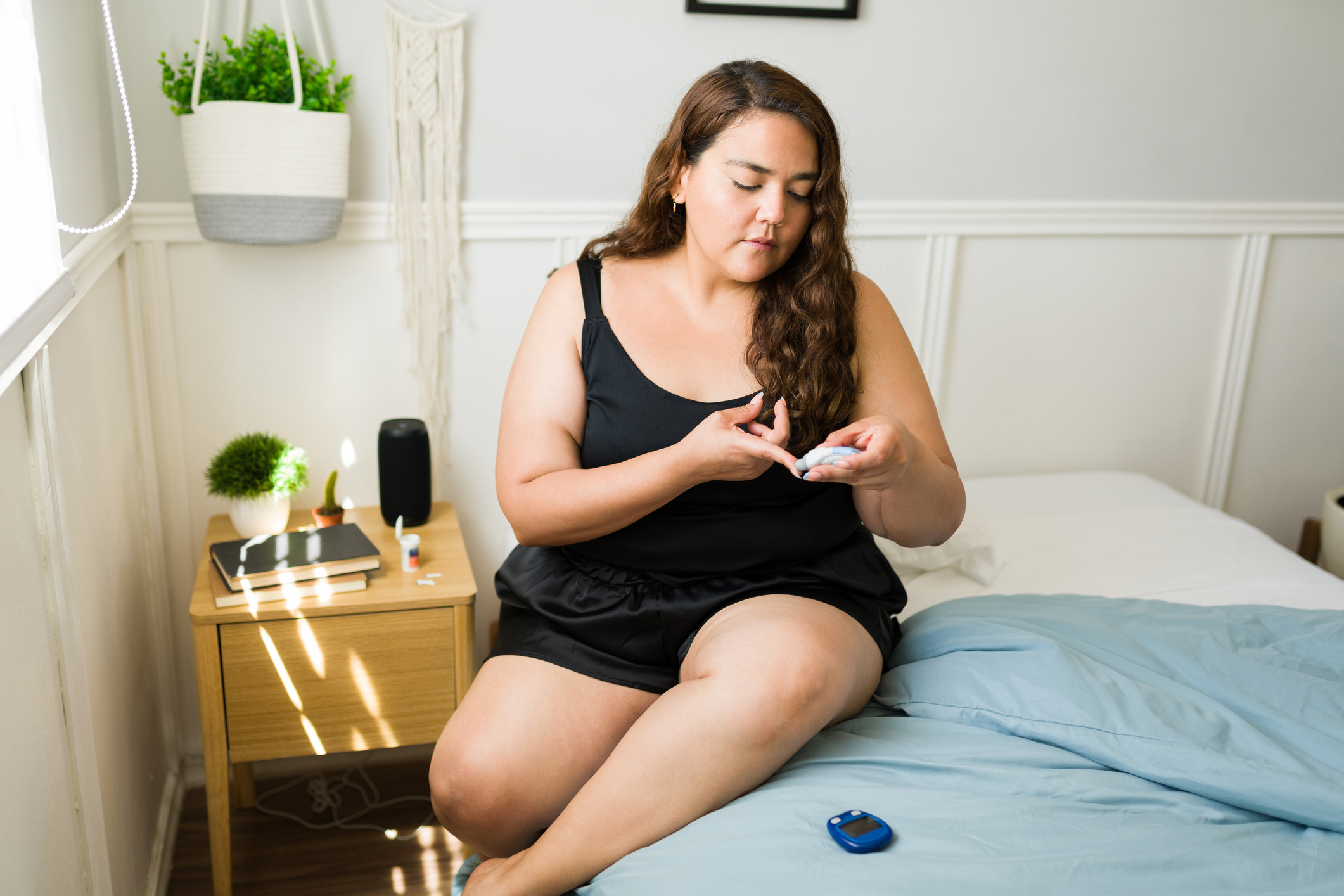Purpose: To investigate a possible association between coffee consumption and the risk of levodopa-induced dyskinesia in patients with Parkinson’s disease.
Background
In recent years, some studies have found a consistent association between coffee consumption and reduced risk of developing Parkinson’s disease. The risk of Parkinson’s disease in coffee drinkers was about 30% lower than in the control group. The effect is greater the more coffee is drunk. Coffee is a methylxanthine. The main pharmacological effect is antagonism at the adenosine A2A receptor, which regulates the nigrostriatal dopaminergic system. Thus, pharmacological studies with adenosine A2A receptor antagonists show a reduction in OFF time in PD patients with motor fluctuations.
Patients and methodology
The FRAGAMP study is a multicenter Italian case-control study investigating possible environmental and genetic factors in Parkinson’s disease. A face-to-face interview was conducted by a qualified neurologist with the help of a standardized questionnaire. Motor severity of the disease was determined using the Unified Parkinson’s Disease Rating Scale (UPDRS Part III). Part IV of the UPDRS was used to evaluate the severity of dyskinesias. We examined the association between coffee consumption and levodopa-induced dyskinesias using logistic regression analysis. Parameters with a cutoff value of p=0.1 in the univariate analysis were included in the model.
Results
A total of 485 patients were included in the study. Of the 485 patients, a total of 439 were taking levodopa (200 levodopa alone; 239 levodopa in combination with a dopamine agonist; 46 dopamine agonists only). Multivariate analysis showed a significant negative association between presence of dyskinesias and coffee consumption (“ever” vs “never”) with an adjusted odds ratio of 0.44 (95% CI; 0.23-0.85). A significant association was also found between dose (cups per day) and reduced risk (p<0.05).
Conclusions of the authors
A beneficial effect of adenosine A2A antagonists on levodopa-induced dyskinesia has already been found in several preclinical studies and substantiated in a recently published clinical trial. Therein, a reduction of levodopa-induced dyskinesias by a good 40% was shown in patients with a coffee consumption of >12 ounces of caffeine/d compared to <4 ounces/d [1]. The strengths of the current study are the neurological evaluation and the face-to-face interview. The weaknesses are the retrospective design and a “recall bias” that cannot be excluded.
Comment
Coffee consumption not only reduces the risk of Parkinson’s disease in a dose-dependent manner, but also appears to have a positive effect on an important and often therapy-limiting late motor complication, levodopa-induced dyskinesias, when the disease is already present. This positive effect is all the more impressive as it has also been shown that higher coffee consumption reduces all-cause mortality [2].
Literature:
- Wills AM, et al: Caffeine consumption and risk of dyskinesia in CALM-PD. Mov Disord 2013 Mar; 28(3): 380-383.
- Ding M, et al: Association of Coffee Consumption With Total and Cause-Specific Mortality in 3 Large Prospective Cohorts. Circulation 2015 Dec 15; 132(24): 2305-2315.
InFo NEUROLOGY & PSYCHIATRY 2016; 14(2): 32.











